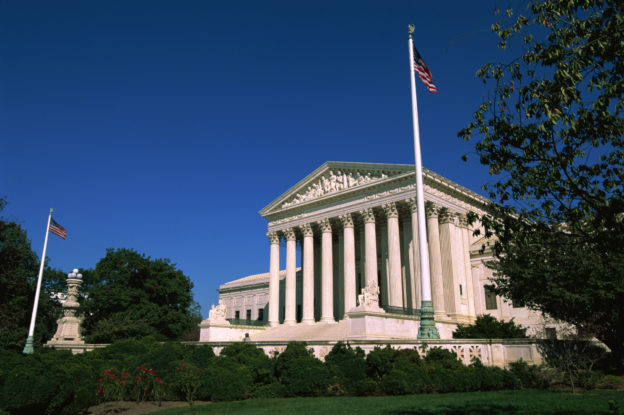
The United States Supreme Court ruled unanimously on June 3, 2019 that Title VII’s charge-filing requirement is not jurisdictional. In Fort Bend County, Texas v. Davis, Justice Ginsberg delivered the Court’s unanimous decision noting that while Title VII requires a complainant to first file a charge of discrimination with the Equal Employment Opportunity Commission (EEOC), the charge-filing precondition is not a jurisdictional requirement that can be raised at any stage of a proceeding. Rather, the charge-filing prerequisite is ranked among the claim processing rules that must be timely raised for it to apply.
The complainant in the Fort Bend, Lois M. Davis,case timely filed her initial charge of discrimination for retaliation after she claimed her supervisor retaliated against her by curtailing work responsibilities. Complainant alleged the supervisor wanted to punish her for a complaint she made against her supervisor’s friend who resigned following an investigation into a sexual harassment complaint. While her charge of discrimination was pending, Ms. Davis was instructed by her supervisor to report to work on a Sunday. Ms. Davis told her supervisor that she could not come in on Sunday, that she had a commitment at her church, and offered to have another employee replace her. Ms. Davis’ supervisor was insistent and told her that if she did not report to work on Sunday she would be terminated. Ms. Davis went to church instead of work and was promptly terminated. Thereafter, Ms. Davis attempted to supplement the allegations of her original Charge of Discrimination by adding to the intake questionnaire the word “religion.”
Ms. Davis’ civil action filed in January of 2012 included claims of discrimination based upon religion and retaliation for reporting sexual harassment. She also asserted state tort claims, which were not subject to her underlying appeal. Fort Bend obtained summary judgment on all claims in September 2013. On appeal, the Fifth Circuit Court of Appeals affirmed as to Ms. Davis’ retaliation claim, but reversed as to her religion-based discrimination claim. Fort Bend filed a petition for certiorari, which was denied by the United States Supreme Court in 2015. Upon remand to the District Court, Fort Bend filed a motion to dismiss the religious discrimination claim on the basis that the District Court lacked jurisdiction. The District Court agreed, holding that the charge-filing requirement with respect to the religious discrimination claim was jurisdictional and nonforfeitable. The Fifth Circuit disagreed. The United States Supreme Court granted Fort Bend’s second petition for certiorari to resolve a split in the circuits.
In affirming the Fifth Circuit, the United States Supreme Court recognized that the word “jurisdiction” has many meanings, but noted that the Supreme Court has made efforts to limit the word’s meaning to those cases that concern the “classes of case a court may entertain (subject matter jurisdiction) and the person over whom the court may exercise adjudicatory authority (personal jurisdiction).” Unlike other examples, where Congress prescribed jurisdiction like federal-court diversity, where litigants can raise the issue at any point in the litigation, Title VII’s charge-filing requirement is merely a nonjurisdictional claim-processing rule that is a precondition of relief. The Court reasoned that, as such, the charge-filing requirement does not impact the federal-court’s authority to assert jurisdiction over the matter and, though the rule is mandatory and a precondition of relief, it must be asserted or can be forfeited. Because Fort Bend only raised the issue after the remand to the district in the first appeal, and during the motion to dismiss, it was waived as it was not timely asserted.

